HR-HPV Screening for Cervical Cancer
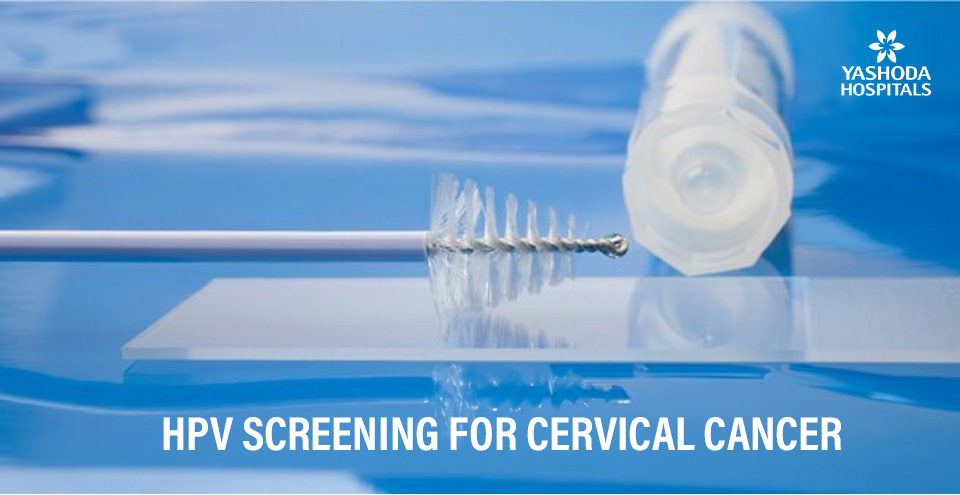
What is HR-HPV screening test for cervical cancer?
Human Papilloma Virus (HPV) screening is an important test to check the presence of the virus and rule out cervical cancer, abnormal cervical cells, or genital warts. Yashoda Hospitals, Secunderabad has recently started screening for cervical cancer through the HR-HPV test.
What is HPV?
HPV is a very common virus. Many women get it at some point in their lives. It can be easily passed on during sexual activity between partners. Most high-risk HPV can cause abnormal/pre-cancerous cells in the cervix (the opening of the womb). If these cells persist for years without any treatment, they may begin to grow without restriction and cause cancer.
Why should I get HR-HPV screening done?
Cervical screening checks the health of your cervix.
It is not a test for cancer, it is a test to help prevent cancer.
It helps doctors to identify who may need treatment and who can simply be called back for screening in 3 or 5 years’ time. Testing for HR-HPV would benefit you because:
- Abnormal cervical cells have a better chance of being picked up.
- Women without HR-HPV can be reassured that they are at extremely low risk of developing cervical cancer.
What sample will be taken from me?
For performing the test, a small sample of cells will be taken from your cervix by a trained healthcare professional.
What are the results I can expect?
There are 3 possible results from HR-HPV primary screening:
- HR-HPV not detected – If you do not have HPV, it is highly unlikely that you will have any abnormal cervical cells. You will simply be called back for screening again in 3 or 5 years time (depending on your age).
- HR-HPV detected but no abnormal cervical cells found – If HPV is found, the sample will also be tested for abnormal cervical cells by Pap smear. If none are found, your result will say you have HPV, but no abnormal cells. You will be asked to come for screening again in 12 months’ time. This is so we can check that your immune system has cleared the HPV (this happens in most cases).
- HPV detected and abnormal cervical cells found – If you have HPV and any grade of abnormal cervical cells you will be referred for colposcopy. Colposcopy is a closer examination of the cervix. On rare occasions, it is also possible to get an ‘inadequate’ result. This may be due to a technical problem, such as if the laboratory cannot get an HR-HPV test result from your sample or cannot see if abnormal cells are present or not. In such cases, screening may be repeated in 3 months’ time. We wait so that there are enough cells again to get a sample from.
Where can I get HR-HPV screening done?
HR-HPV screening is available at Yashoda Hospitals, Secunderabad. The test will help to identify if HPV virus is present. If it is present, timely preventive action can be taken to avoid the development of cervical cancer. Please schedule an appointment in advance to undergo the screening.
Conclusion:
Infection control related to the Human Papilloma Virus (HPV):The strong association between cervical malignancy and HPV infection has been established scientifically. As mentioned earlier, Sexually transmitted HPV infection is thought to cause the majority of cervical cancers. In more than 90% of cervical carcinomas in situ, squamous carcinomas, and adenocarcinoma, HPV DNA is isolated. Primary prevention for cervical cancer with the HPV vaccine is strongly recommended.
In certain cases, women with specific health history like urogenital infections, organ transplant, exposure to Diethylstilbestrol (DES), etc. may require an individualized screening schedule for cervical cancer. Women with such a history should definitely consult their gynecologist. Timely testing for HR-HPV assures that the patient is at low risk for cervical cancer or in positive cases since the precancerous cells can be picked up even before cancerous growth ensues. Thus, the development of cervical cancer can be prevented.
HR-HPV screening test is available only in Yashoda Hospital, Secunderabad and is performed without a prescription. You may approach the diagnostics directly to get the test done. Usually, it takes 1 to 3 weeks to get Pap and HPV test results. Most of the time, test results are normal.





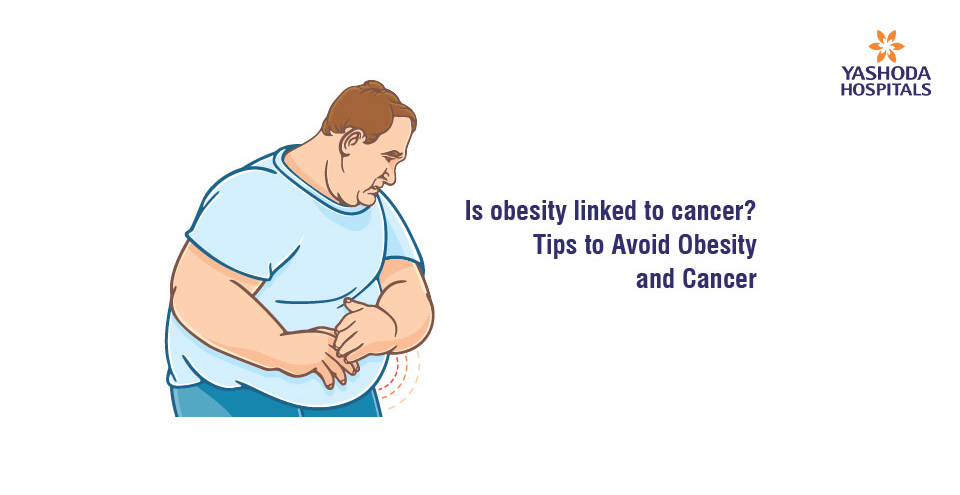

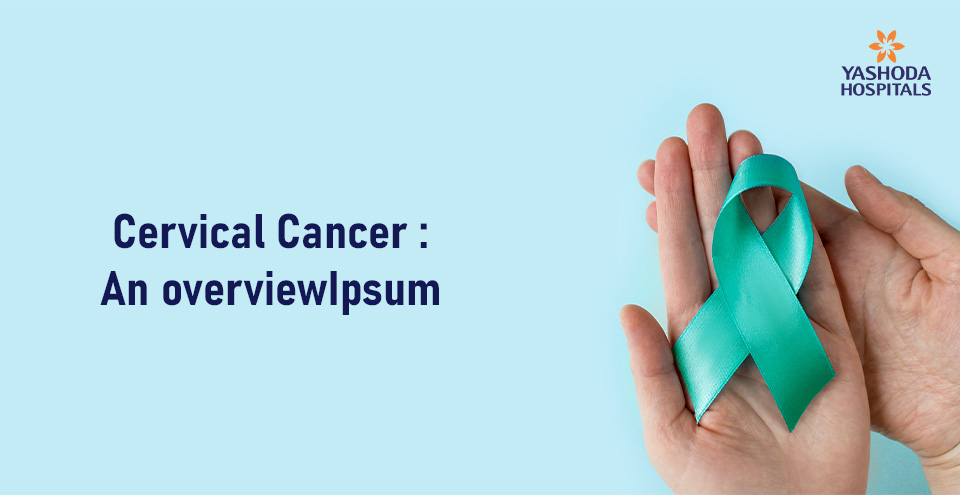
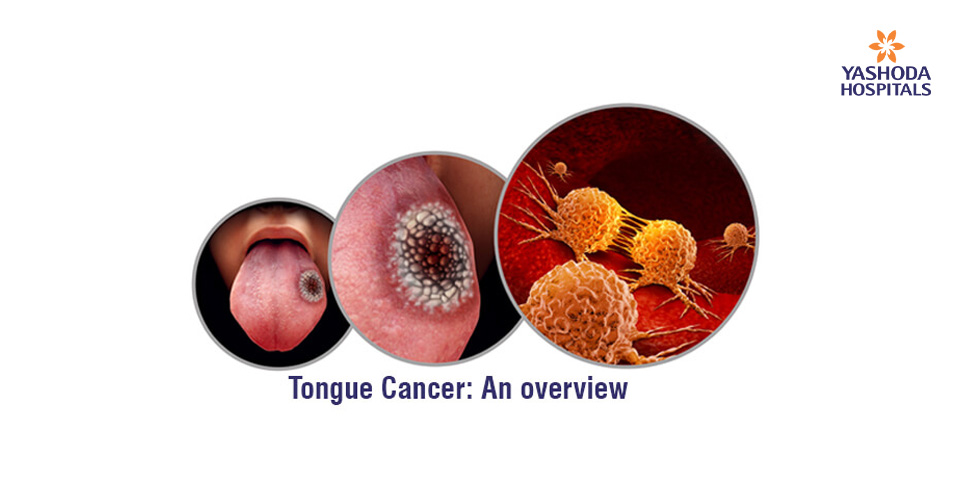
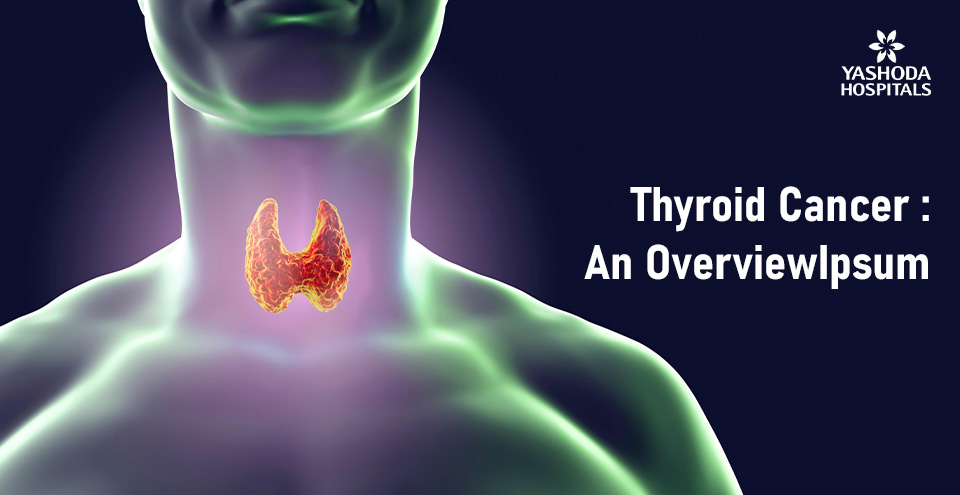
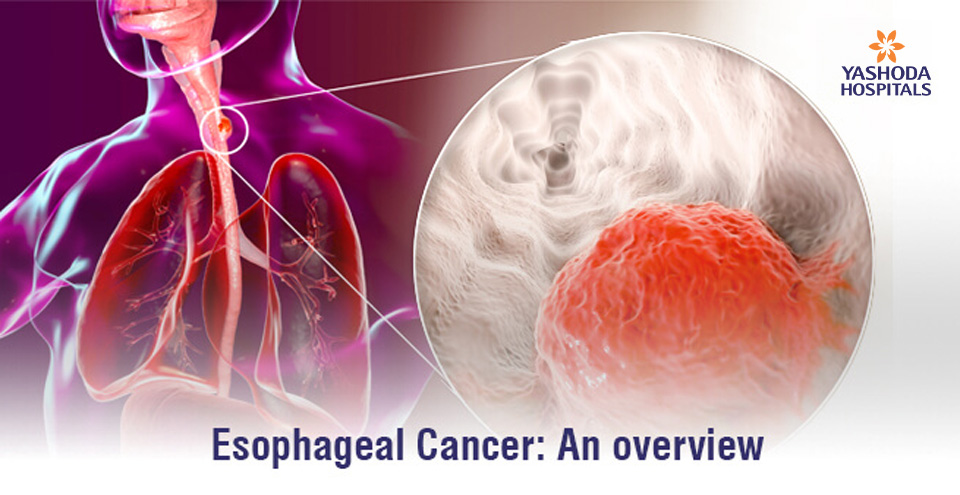

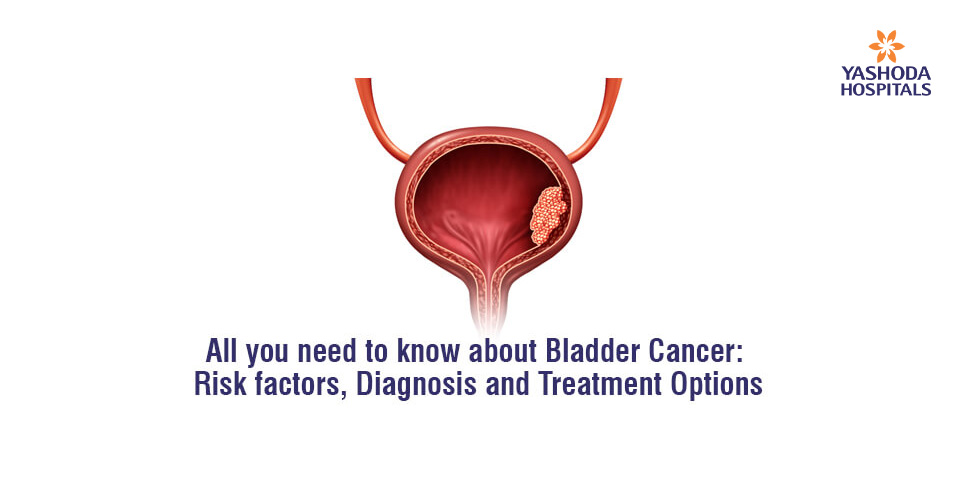

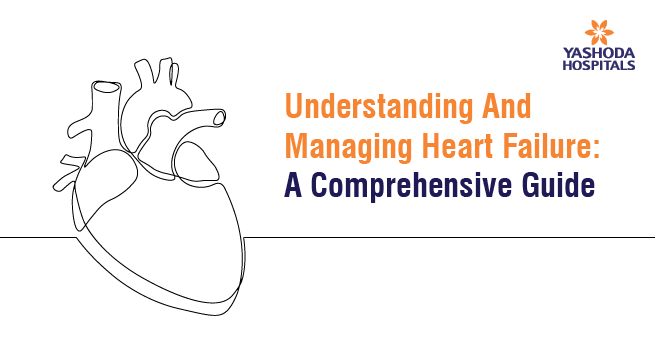

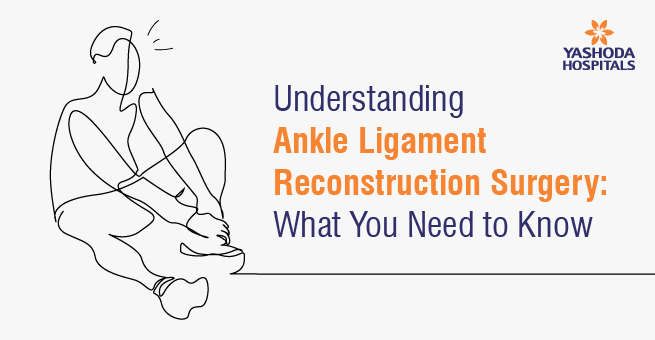


 Appointment
Appointment Second Opinion
Second Opinion WhatsApp
WhatsApp Call
Call More
More





